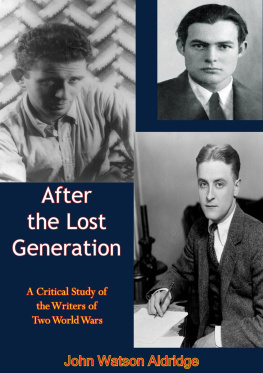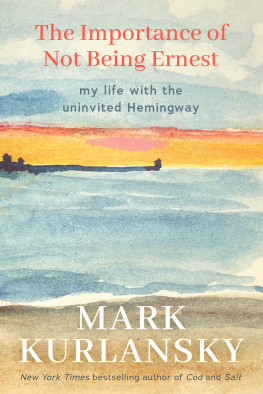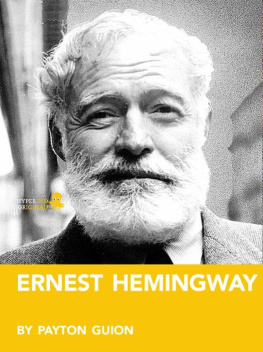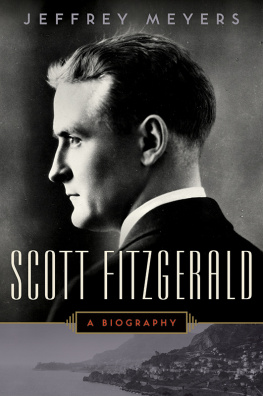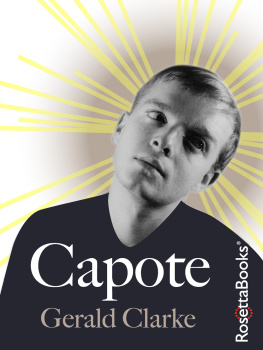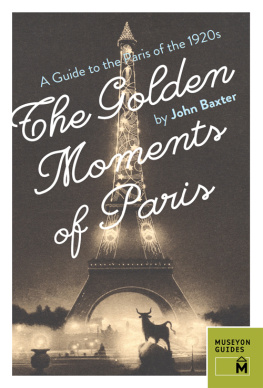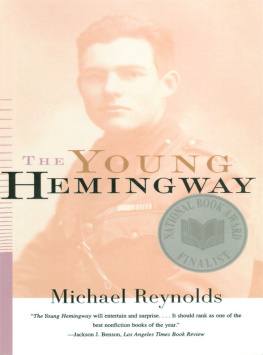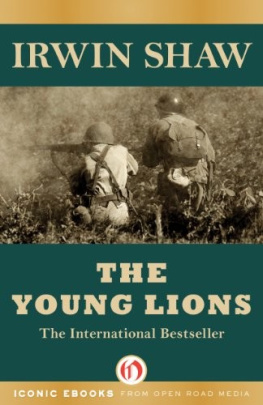

This edition is published by Arcole Publishing www.pp-publishing.com
To join our mailing list for new titles or for issues with our books arcolepublishing@gmail.com
Or on Facebook
Text originally published in 1951 under the same title.
Arcole Publishing 2018, all rights reserved. No part of this publication may be reproduced, stored in a retrieval system or transmitted by any means, electrical, mechanical or otherwise without the written permission of the copyright holder.
Publishers Note
Although in most cases we have retained the Authors original spelling and grammar to authentically reproduce the work of the Author and the original intent of such material, some additional notes and clarifications have been added for the modern readers benefit.
We have also made every effort to include all maps and illustrations of the original edition the limitations of formatting do not allow of including larger maps, we will upload as many of these maps as possible.
AFTER THE LOST GENERATION
A Critical Study of the Writers of Two Wars
BY
JOHN W. ALDRIDGE
TABLE OF CONTENTS
Contents
DEDICATION
To my mother and father and Leslie
PREFACE
ONE CANNOT SPEAK of fiction without sooner or later speaking of values. The process by which a writer selects, out of the vast store of undigested experience which is himself, the material that is to go into his novel is a process of assigning value to certain portions of that experience. One might in fact say that the quality which most clearly distinguishes literary material from mere experience is the value the writer has been able to give to it within a dramatic or narrative framework. In much the same way, a reader will respond to the meaning of a novel and find it dramatic to the extent that he is able to realize it in terms of his own values. Ideally, the writer and the reader should share the same values, so that the material which the writer selects as valuable enough to write about will automatically be valuable to the reader. But this would depend upon the existence of a society based on certain stable moral assumptions, the sort of society to which, perhaps, Richardson and Smollett belonged, to which, in a different way and to a lesser extent, even Scott Fitzgerald and Ernest Hemingway belonged, but to which we obviously do not belong today.
I have not intended in this book to trace down the causes for the disappearance of such a society, or the changes which have consequently occurred in literature, since the time of Richardson and Smollett. That would be the aim of a far better and maturer book than this one can pretend to be. But I have been interested in tracing down such of these changes as have become evident since the time of Fitzgerald and Hemingway, particularly in the work of their newest successors, the younger novelists of the 1940s. In doing so, I have also inevitably written another book, a book about the two wars and their contrasting effects on the writing which the two American war generations have produced. In the main, however, the book about the disappearance of a stable society and a common set of values and the book about the two generations form a single unit and, I hope, one commentary on the same dilemma. It is impossible to be aware of the differences between the work of Hemingway and Gore Vidal or between the work of Fitzgerald and Paul Bowles (differences which might be represented in degrees on the falling barometer of diminishing literary returns) without also being aware of the differences between the moral resources which these writers had at their disposal.
In the section devoted to the literary generation of the first war I have discussed only those writers who seem to me most illustrative of the artistic preoccupations of their age and whose work has had the most lasting influence on the young writers of today. When I refer to Hemingway, Fitzgerald, and Dos Passos as war writers, I obviously do not mean to suggest that they all wrote war novels or even that they were primarily concerned in their work with a description of war. I mean simply that they all wrote under the influence of the climate of war and were profoundly affected by it as well as by the literary movement which it stimulated.
Since I have taken the two wars as the focal points of this study, I have not discussed the work of the writers of the 1930s. Besides, I know of none, with the exception of Thomas Wolfe, who had an influence on the young writers of the 1940s comparable to that of the three Lost Generation writers I have chosen to discuss. For some reason, those of us who began to take a serious interest in literature in the first years of the second war felt an immediate kinship with the Lost Generation. We acknowledged them as our true literary forebears, even though a whole new generation had grown up since their time and stood between them and us. To be sure, we read the novels of Steinbeck, Farrell, and Saroyan written in the Thirties, just as we read those of Wilder, Cather, Lewis, and Dreiser who belonged, roughly, to the generation of Hemingway; but they simply did not touch us, did not seem to be confronting the same issues or operating in the same spheres. As for Wolfe, who most certainly did touch us, I feel that the most important attitudes reflected in his work are reflected more satisfactorily, with far less distortion, in the work of Hemingway, Fitzgerald, and Dos Passos.
The writers I have selected for discussion in the second part of the book are nearly all younger writers who have appeared since the end of the second war and who form, because of the war and the interval of more than twenty years, the first completely new literary generation since the generation of the 1920 s. Norman Mailer, Robert Lowry, Vance Bourjaily, Merle Miller, Truman Capote, Gore Vidal, and Frederick Buechner are all close to or under thirty and, therefore, about the same age that Hemingway and the others were when they wrote their early novels. Paul Bowles, Irwin Shaw, John Horne Burns, and Alfred Hayes are slightly older; but I have included them because they have written either serious war novels or novels that are particularly suitable as illustrations of new developments in fiction. Once again I wish to make it clear, however, that these writers were not chosen because they have all written war novels or even because they have all devoted some part of their novels to the war, although most of them have. They were chosen because they all grew up and began to write in the atmosphere of war, because they form, in fact, a distinct war generation, and because the marks of the war and of the tensions of its aftermath are clear in their work.
Finally, of course, I have fallen back on my own capricious taste. I have discussed these writers simply because they seem to me the most interesting of the younger literary group. There are many others whom I might have discussed and whom someone other than they will most certainly feel I should have discussed. Those who hold to the imprecise belief that writers are young writers until they have reached the age of fifty will wish I had included Robert Penn Warren, James Gould Cozzens, Tom Lea, Nelson Algren, Walter Van Tilburg Clark, and Lionel Trilling. I have not included them because I believe they are not young enough to belong to the newest literary generation or to have been affected in the same way by the experiences that generation endured. Other readers will insist that I should at least have included Jean Stafford, Mary McCarthy, Shirley Jackson, Howard Nemerov, Eudora Welty, Carson McCullers, and a dozen more. While I have made brief comments on the work of a few, I found most of them less relevant to my purpose than those I have discussed in detail.
Next page
